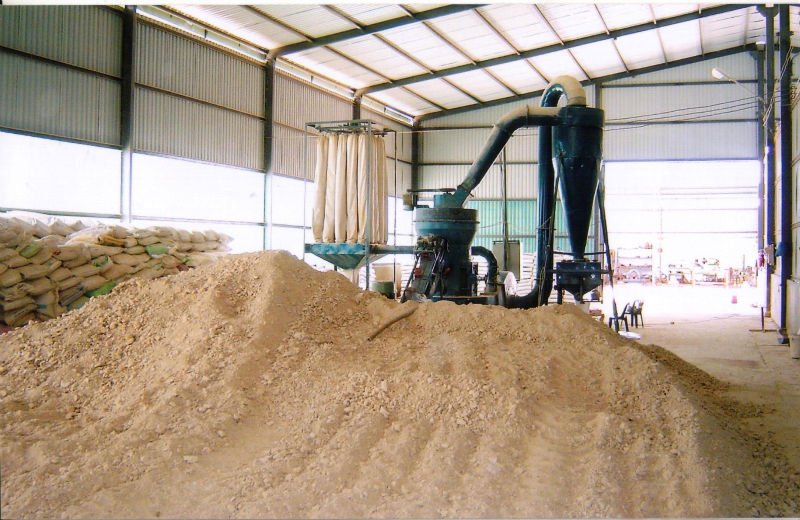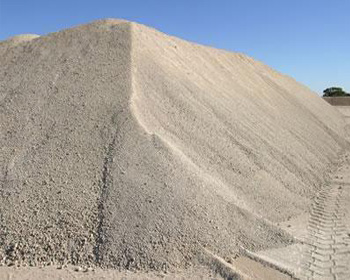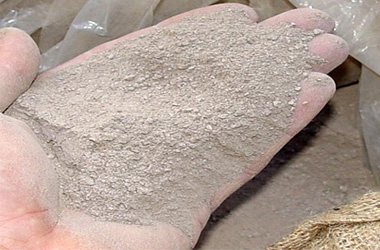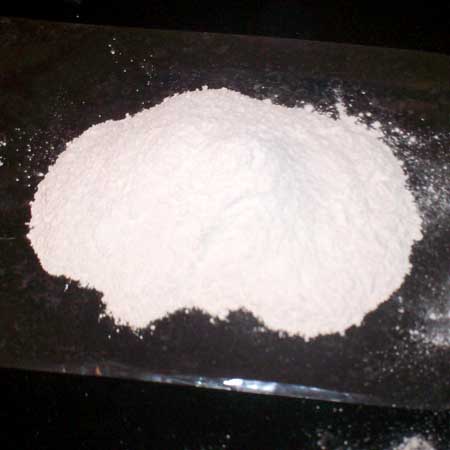Welcome to Bentonite

Magnesite does not ordinarily form good crystals, but can make up a substantial portion of some rock types. It forms commonly from the alteration of magnesium-rich rocks during low grade metamorphism while they are in contact with carbonate-rich solutions. Magnesite has the same crystal structure of calcite, hence its inclusion into the calcite mineral group. Many of the properties of magnesite are either identical or similar to those of calcite. However, the magnesium ion does not allow the carbonate ion (CO3) to interact as easily with cold acids, as the calcium ion does in calcite. This provides the best means of distinguishing magnesite from calcite. However, dolomite(MgCa(CO3)2) can be almost indistinguishable from magnesite.












Physical Characteristics.
Color is white or gray, also tinted yellow or brown.
Luster is vitreous.
Transparency crystals are translucent to transparent only in individual crystals.
Crystal System is trigonal; bar 3 2/m
Crystal Habits are usually massive forms such as lamellar, fiberous and course to fine grained rocks. Crystals are extremely rare, but when found are in the form of rhombohedrons or hexagonal prisms with a pinacoid termination.
Cleavage is perfect in three directions forming rhombohedrons.
Fracture is conchoidal to uneven.
Hardness is 4 - 4.5.
Specific Gravity is approximately 3.0 (average)
Streak is white.
Associated Minerals calcite, dolomite, aragonite, strontianite and serpentine.
Other Characteristics: effervesces easily only in hot dilute hydrochloric acid.
Notable Occurrences include Austria; Bahia, Brazil; Korea; China; California, USA and many European localities.
Best Field Indicators are crystal habit, reaction to acid, occurrence and cleavage.
MAGNESITE POWDER USE
Dead-burned magnesia - DBM Sinter magnesia Basic refractories
Fused or electrofused magnesia - FM
Thermal insulation (refractories)
Electrical insulation (electric ovens and appliances)
Caustic-calcined magnesia - CCM
Extraction of magnesium
Production of fused magnesia
Cement, Insulation
Paper
Fertilizer and animal feed
Stabilizer during vulcanization of rubber
Production of uranium
Chemical and environmental applications (notably in water treatment and gas desulfurization)